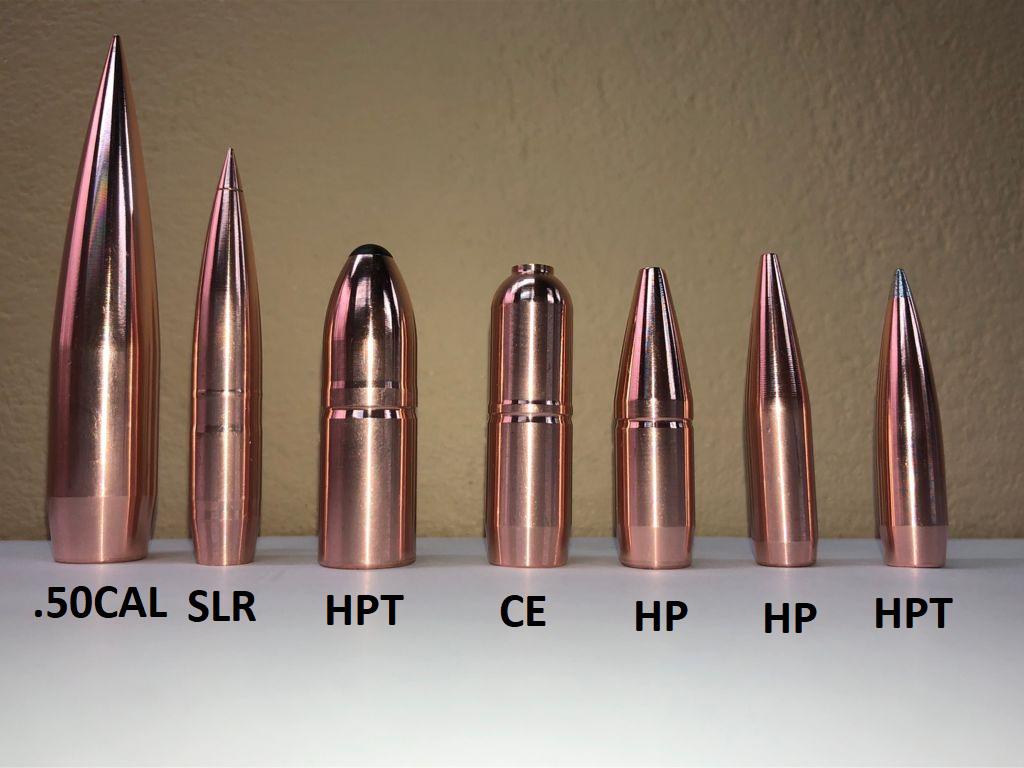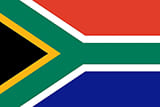Uncategorized
A looming ammo shortage in South Africa and Namibia
A looming ammo shortage in South Africa and Namibia
A looming ammo shortage in South Africa and Namibia can trigger several significant impacts and challenges within the firearms industry and among gun owners. Here are some potential expectations:
- Limited Availability: The shortage might lead to a scarcity of ammunition across various calibers and types. This scarcity could affect both retailers and individual gun owners, making it challenging to find and purchase ammunition.
- Price Increases: With a limited supply and high demand, the price of available ammunition is likely to surge. This price hike can make ammunition less affordable for many gun owners, impacting their ability to practice shooting or maintain adequate supplies for self-defense purposes.
- Hoarding and Panic Buying: Anticipating the shortage, there might be a surge in panic buying and hoarding of ammunition. This behavior can exacerbate the shortage further, leaving even fewer options for those who genuinely need ammunition.
- Impact on Training and Competitions: Shooting sports and training activities might take a hit due to the shortage. Reduced access to ammunition could limit participation in shooting competitions and hinder firearm training programs, affecting the development of shooting skills.
- Increased Black Market Activity: Scarcity often leads to the rise of black market activities. Illegal sales and trades might increase, posing a risk to the safety and legality of acquiring ammunition.
- Policy and Regulatory Responses: Governments might implement stricter regulations or controls on the purchase and possession of ammunition to manage the shortage. This could entail limitations on the quantity an individual can buy or increased scrutiny on ammunition sales.
- Impact on Self-Defense: For individuals who rely on firearms for self-defense, the shortage could compromise their ability to maintain a sufficient stockpile of ammunition, potentially affecting their sense of security.
- Shift in Industry Dynamics: The shortage might prompt manufacturers to reassess production strategies and potentially prioritize certain types or calibers of ammunition over others. This could lead to a change in the market dynamics and availability of specific ammunition types.
Given these potential consequences, it’s crucial for gun owners to plan and manage their ammunition stocks responsibly. Moreover, staying informed about developments in the industry, maintaining proper storage of ammunition, and exploring alternative options for training and practice can help mitigate the impact of an impending shortage.
Here’s how individuals can contribute to solving the problem:
- Responsible Purchasing: Advocate for responsible purchasing practices among customers. Encourage them to buy only what they need for immediate use or a reasonable reserve. Discourage panic buying or hoarding, emphasizing the importance of ensuring everyone has access to the necessary ammunition.
- Educate on Conservation: Educate gun owners on conservation practices when it comes to ammunition. Emphasize the importance of efficient use during practice sessions and encourage reloading where feasible, helping to extend the lifespan of available supplies.
- Explore Alternatives: Encourage customers to explore alternative means of training and practice that don’t solely rely on live ammunition. Dry fire practice, laser training cartridges, or simulated shooting exercises can be effective and don’t deplete actual ammunition stocks.
- Community Sharing: Foster a sense of community among gun owners. Encourage sharing or trading of ammunition among responsible peers to ensure everyone has access to the ammunition they need without resorting to panic buying.
- Advocate for Restraint: As a responsible gun shop, lead by example and advocate for restraint in purchasing and usage. Through communication channels, newsletters, or social media, share messages that highlight the importance of mindful and considerate ammunition purchasing behaviors.
- Support Legislation: Support policies or initiatives aimed at ensuring fair distribution and access to ammunition for all legitimate gun owners. Engage with local representatives or organizations working toward equitable solutions for managing ammunition shortages.



